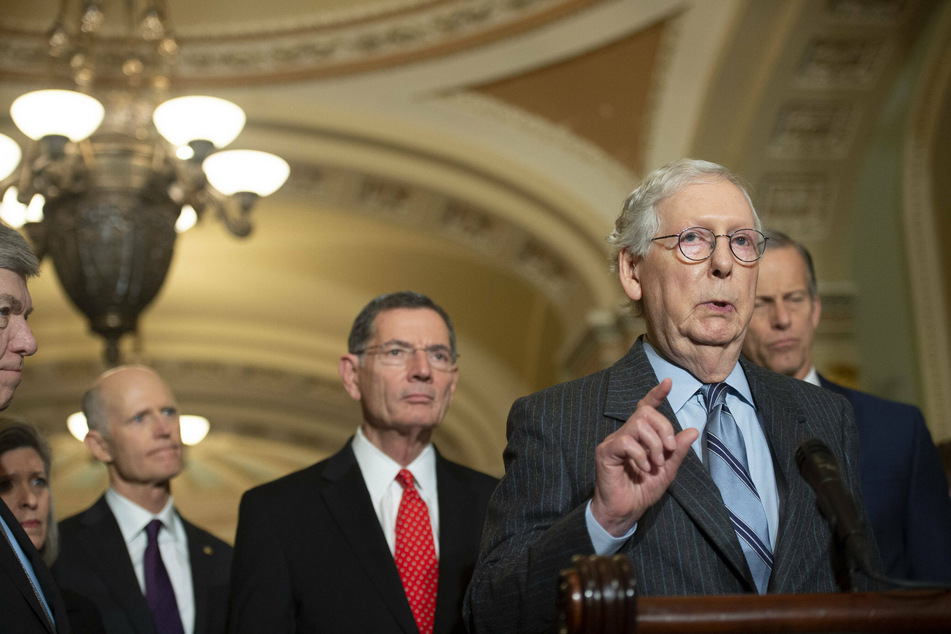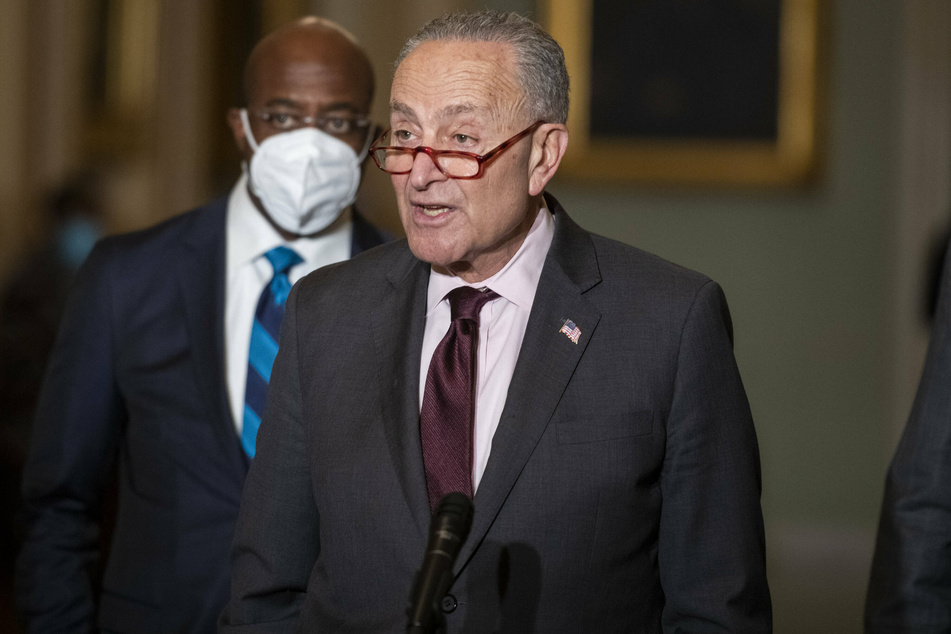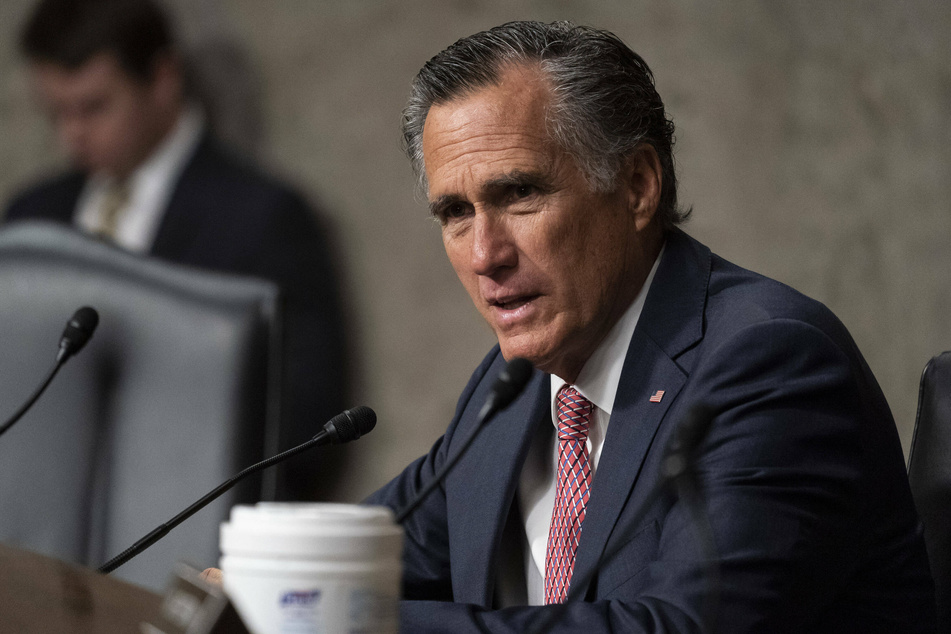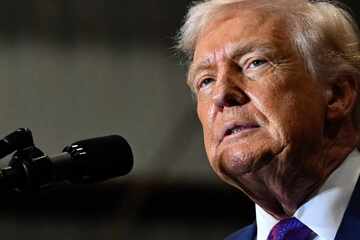House passes debt limit measure with Senate vote expected this week
Washington DC – The US House of Representatives passed legislation Tuesday that would limit Senate debate on a separate debt ceiling increase bill to 10 hours, creating a temporary loophole in that chamber’s 60-vote legislative filibuster rules.

The bill, which would also delay scheduled cuts in Medicare and other programs, passed on a 222-212 vote.
The measure is expected to get a Senate vote this week, completing the first of two steps lawmakers have decided will be needed to pass a debt limit bill this time around.
The legislative vehicle is an unrelated bill that previously passed both chambers with amendments, allowing Senate leaders to avoid a time-consuming motion to proceed in that chamber. Instead, only one vote to end debate would be needed.
Senate Minority Leader Mitch McConnell, who briefed his caucus at lunch on Tuesday, blessed the arrangement and said the new debt limit measure could pass as early as Thursday.
"I’m confident that this particular procedure coupled with the avoidance of Medicare cuts will achieve enough Republican support to clear the 60-vote threshold," McConnell said.
The debt limit provision would allow Senate Majority Leader Chuck Schumer to introduce a joint resolution, which has the force of law just like a bill, no later than December 31, 2021, to increase the $28.9-trillion debt ceiling by an amount yet to be determined. It would then be automatically placed on the Senate calendar, and it would be in order to proceed to its consideration at any time through January 15.
Debate on the measure would be limited to 10 hours, with no amendments. Motions to commit or to move on to other business would not be allowed. Then there would be a simple majority threshold for passage, or 51 votes if all senators are present.
The special procedure would be available for one time only, wouldn't be applicable to any other piece of legislation, and would expire January 16.
Open questions

It wasn't yet clear when the debt limit measure would be introduced or taken up, or in what dollar amount it would be raised by.
Some independent forecasts estimate it would take something like $2 trillion in additional borrowing authority to make it past the November 2022 midterm elections.
Treasury Secretary Janet Yellen has urged lawmakers to act before December 15 on the limit, after which she's said it's possible Treasury won't be able to meet all US financial obligations on time.
But she's also said there's a "high degree of confidence" that Treasury can make all of its required payments immediately after that date, and independent forecasters have said there may be a few more weeks of wiggle room if needed.
But Congressional leaders have said they'd prefer to deal with the issue before December 15.
"We always said we wanted a process that was simple, not risky, not convoluted, didn't put us through lots of different votes," Schumer told reporters after a Democratic Caucus lunch Tuesday.
"We Democrats were always willing to carry the burden. That's what's gonna happen."
GOP reactions

The debt limit provision would enable Republicans to avoid voting directly for a debt limit increase, while forcing Democrats to vote on a specific dollar figure – rather than simply suspending the limit to a date out in the future.
That was something Republicans insisted on for the short-term patch in October that lifted the ceiling by $480 billion.
But at least 10 Senate Republicans would still need to vote to end debate to get around the 60-vote threshold for the underlying bill.
After the October bill passed, McConnell said Republicans wouldn't help Democrats pass legislation to suspend or raise the nation’s debt ceiling again.
After Tuesday's lunch, McConnell said the latest agreement doesn't violate any principle he laid out earlier.
"The red line is intact," he said. "The red line is that you have a simple-majority, party-line vote on the debt ceiling. That's exactly where we will end up."
GOP senators so far have been lukewarm on the procedural change that McConnell briefed members about.
"How is that different than just voting to get on the measure?" Republican Senator Mitt Romney asked Tuesday. "I mean, that was what was the option last time. It took 10 Republicans to do that. To create a rule would require 10 Republicans to do that. It seems to me that's the same thing over again."
Democrats in October weighed temporarily changing the Senate rules to allow a simple majority for passage of a debt limit bill. But Democratic Senator Joe Manchin, among others, expressed opposition, and it was clear Republicans wouldn't support changing the filibuster rule.
This time is different in that it would require 60 votes effectively to temporarily change the rules to allow the expedited debt ceiling process.
Cover photo: Collage: IMAGO / UPI Photo & IMAGO / ZUMA Wire

